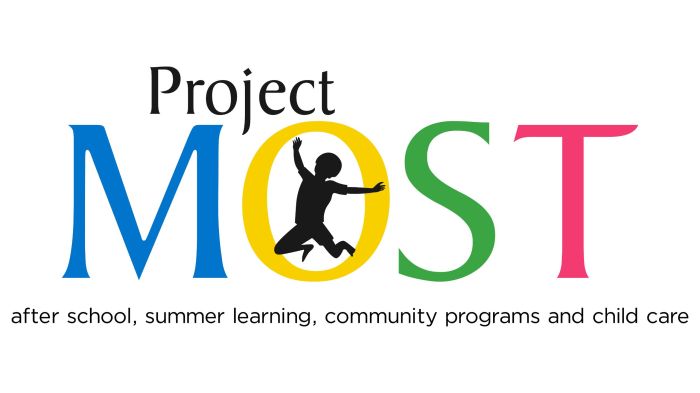
Author Tova Mirvis spoke at a gathering in my home about her latest memoir, The Book of Separation, on May 23. The event was open to the public and sponsored by Temple Israel of Great Neck’s Sisterhood and Institute of Lifelong Learning. The mostly female audience included many of Mirvis’s fans in Great Neck, who have read the memoir as well as her nationally acclaimed novels, The Ladies Auxiliary and Visible City. I first became aware of her writing talent at an alumni event for Columbia College. Like countless others, I am a huge admirer—and it was a thrill to host her.
In discussing her book, Mirvis has been very open in describing her experience and emotional journey as a wife and mother. She explained that “book of separation” is the literal meaning of “gett,” a Jewish divorce decree. The memoir’s opening chapter describes the gett ceremony before the Rabbinical Court or beth din.

Mirvis was born and raised in a close-knit Modern Orthodox community in Memphis, TN. Her marriage was not arranged, but it was very traditional. She loved her husband and they had three children together while the couple pursued education and careers in New York. As time passed, Mirvis began feeling increasingly trapped by both her marriage and her Orthodox faith. She found little support within the community while she struggled. In fact, she was ostracized and isolated from friends and family.
The memoir addresses some very serious realities in the Orthodox Jewish world, but to a larger extent touches virtually every woman, mother and family. Mirvis honestly expresses the emotional trauma of an unraveling marriage and the struggle for freedom from the religious and gender confines in her life. What is the price of belonging in a community and staying in a marriage? What is the price of individuality?
“The freedom to think what you want to think, believe what you want to believe, to feel what you actually do feel,” writes Mirvis. “The greatest freedom is not having to make myself believe something I no longer believe.”

The author movingly said, “The past few years have been immensely hard. Divorce—from a spouse or a religion—is not for the faint of heart. Regret, guilt, doubt, fear—these have paved the last few years, but also, exhilaration, adventure, growth. I think the religious leave-taking was as hard, if not harder, than the divorce itself. The word unmoored is one that comes to mind a lot. I have felt like an exile, aware of the sense of rootedness I’ve lost, aware of the many friends from the Orthodox world who disappeared from my life when I got divorced. I think there is no way around this trade off: loneliness
for freedom.”
As someone who has practiced family law in Great Neck, I found a lot of wisdom and valuable insight in The Book of Separation, in particular with regard to coparenting and respectful communication with an ex-spouse.
According to Mirvis, she and her ex made deliberate choices to minimize conflict for the sake of their children and to resolve difficult financial issues. This is commendable.
Throughout my 20 years of practice, I have been on the front lines of some of the ugliest and most protracted divorce battles, and I can attest that traditional and Orthodox couples face an unusual amount of resistance, stigma and isolation when they go through the process, whether it is through the civil courts or the beth din.
But difficult cases occur not only in Orthodox Jewish marriages, but also in traditional marriages of all faiths and backgrounds, including Asian, Indian and Middle-Eastern communities. In a larger sense, the reasons for marital conflict are universal. Long-term relationships entail sacrifice and compromise. Many marriages require unforeseeable depths of flexibility and forbearance as one or both partners go through changes and challenges on their life’s journey.
Temple Israel Associate Rabbi Daniel Schweber, who attended the program, said, “I experienced Mirvis’s book as being about self-discovery and how one weighs and balances one’s personal needs with familial and communal needs. After some soul searching, Mirvis seems to have found a way.”
To find out more about Temple Israel’s upcoming educational programming, visit www.tign.org.
Jacqueline Harounian, who has practiced family law in Great Neck, is a frequent contributor to the Great Neck Record.































